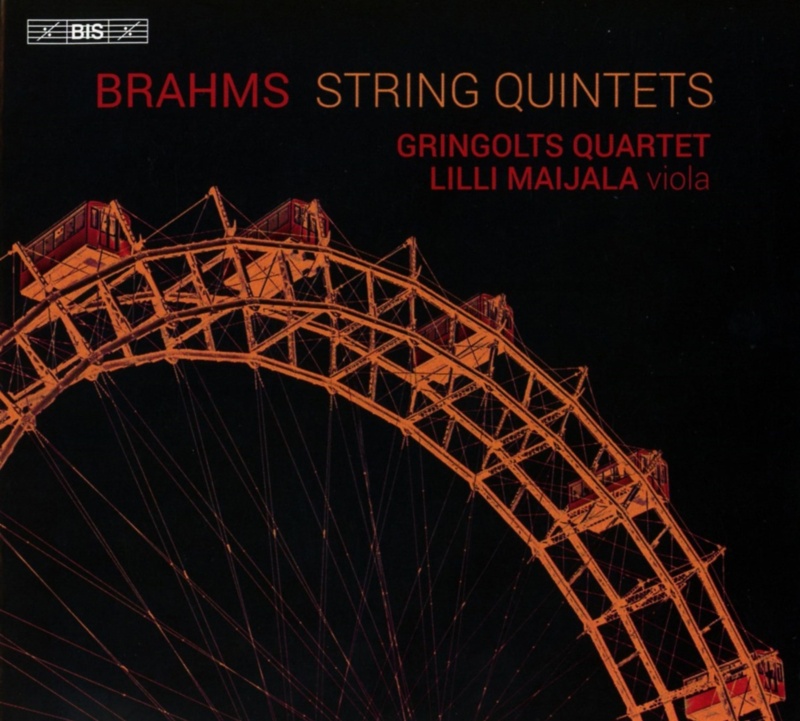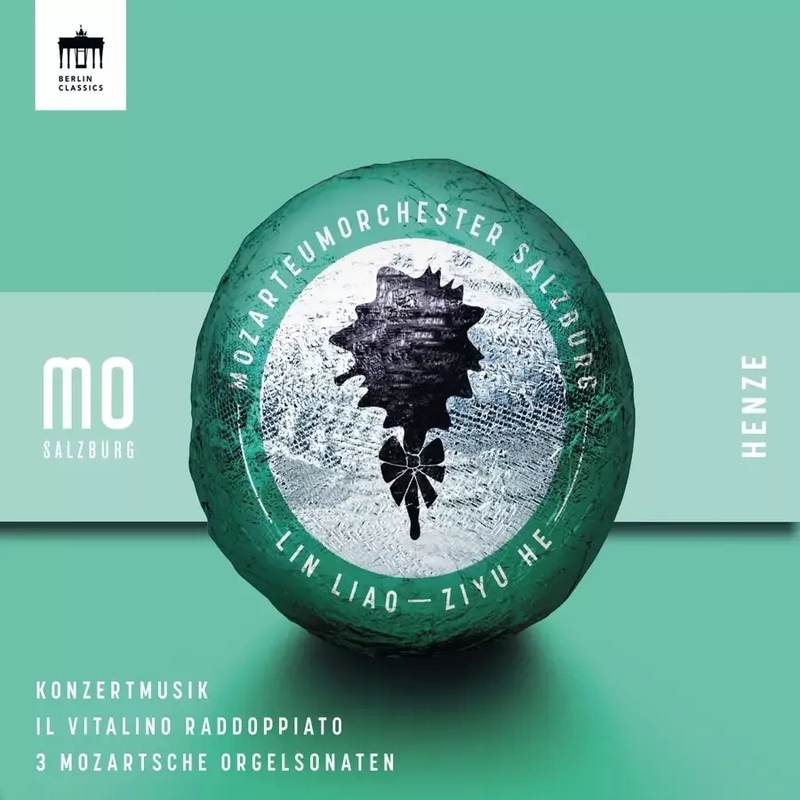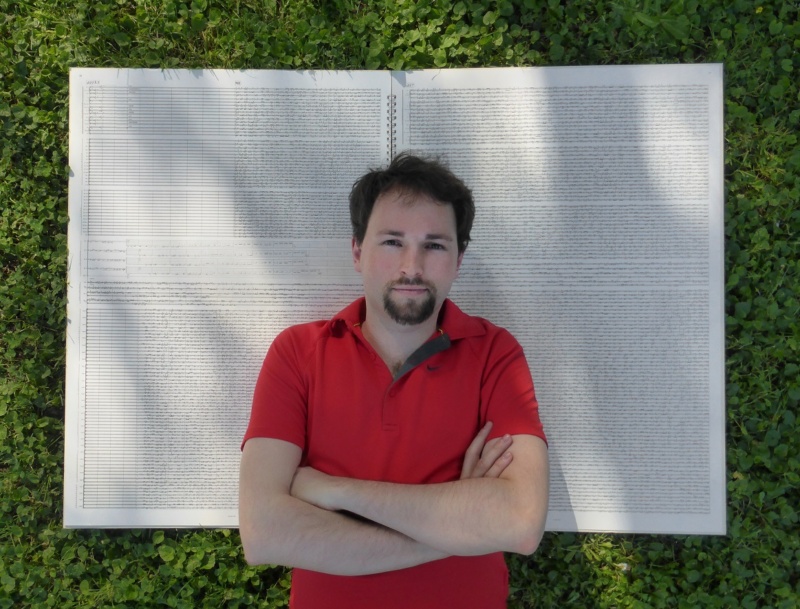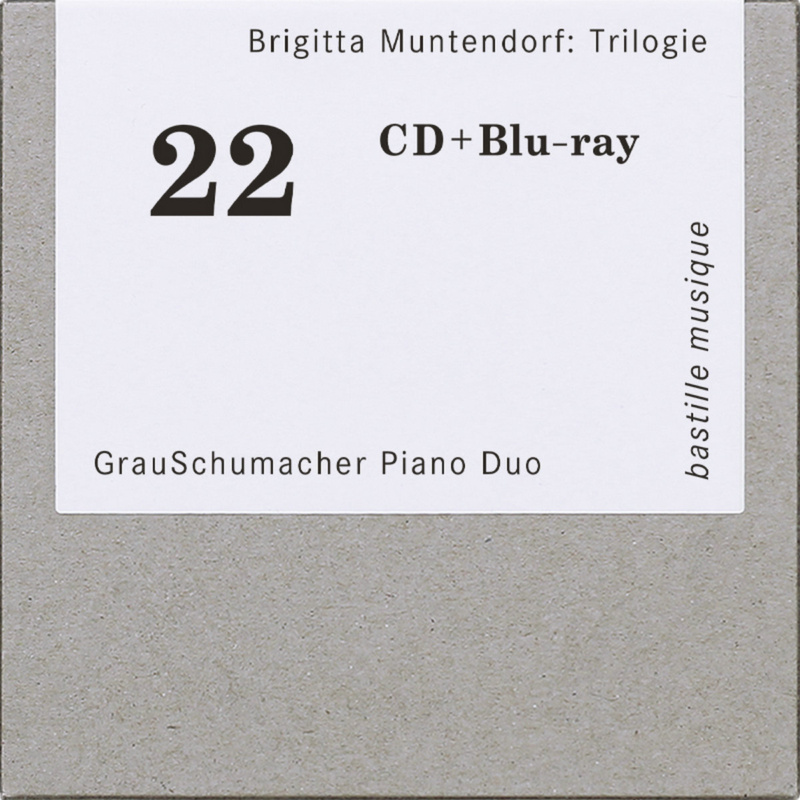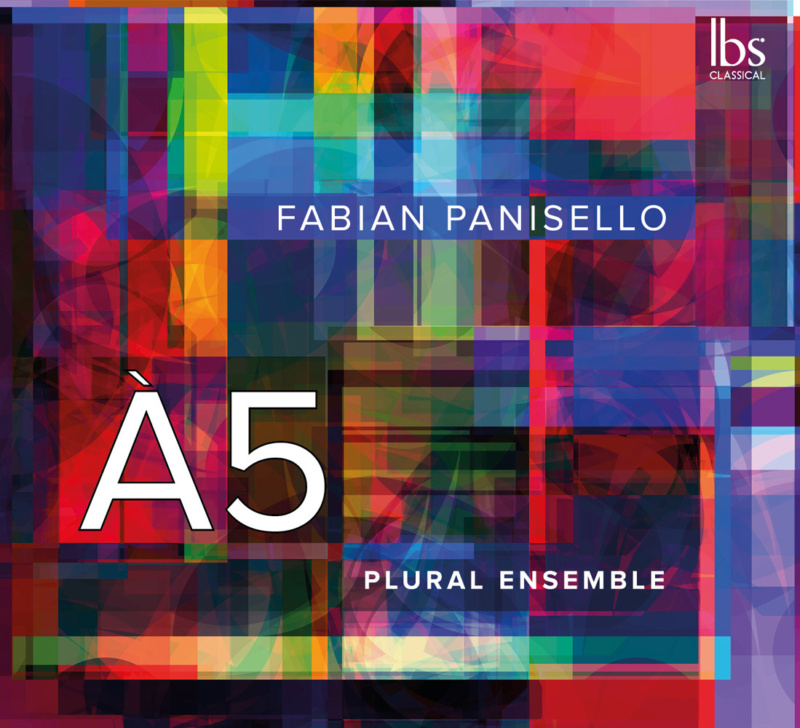Me, me, me. Bought at a high price, my hate belongs to me. (Heiner Müller/Sophocles: Philoctetes)
Philoctetes, a renowned warrior and follower of Odysseus, was injured on the way to the conquest of Troy and became a hindrance to the army, so his comrades abandoned him on the lonely island of Lemnos. After ten years of combat in Troy without success, the Greek warriors remember Philoctetes and his “miracle weapon” passed down from Herakles. But Philoctetes, profoundly aggrieved by this abandonment, had sworn never to fight for the Greeks again.
In his new work, Samir Odeh-Tamimi is concerned with the formation of identity and individuality in in the space where war, politics and society intersect. Inspired by the narrative by Sophocles as well as the works of André Gide and Heiner Müller, the composer creates a musical tragedy from the story of Philoctetes, the themes of which are more topical now than ever. The figure of the individual, isolated or used depending on the interests of others, is shunned by the powers that be or by society at large, often leading to potential radicalisation. The chronology of the story as well as the dialogue of the characters, taken from Sophocles, are merged into a single minimalistically choreographed state, revealing the different conflicts to be occurring simultaneously and moreover unsolvable.
The work was devised in collaboration with the Zafraan Ensemble and the singers of the Neue Vocalsolisten, with whom the composer has a long artistic friendship. This is no accident: it is these particular voices that inspired Samir Odeh-Tamimi. In this work he is concerned with the various voices as one voice – different languages, the human condition, identity. Musically, Samir Odeh-Tamimi is dealing with nothing less than the ‘misery of humanity’. This is represented through the misery of Philoctetes, who never tires of complaining about his fate, but also carries with him a variety of feelings that carry the potential for internal conflict: benevolence and resentment, loyalty and betrayal, love and hate, freedom and dependence.
Sophocles’ text is used partly in the modern Greek translation by Tasos Roussosl, partly distorted by the composer and the librettist Claudia Pérez Iñesta into an imaginary language, an amalgam of Semitic languages such as Arabic, Hebrew, Aramaic and Amharic. This sonic search for clues reveals linguistic connections to contemporary languages, uncovering their roots and thereby revealing the complexity and multilayeredness of identity. Another source of inspiration for the librettist and the composer was Amin Maalouf’s Murderous Identities (Suhrkamp 2000): “Identity cannot be divided; split into halves or thirds or segmented into sections. ... Yet those who lay claim to a more complex identity become marginalised. ... It is precisely for this reason that their dilemma is of central importance: if these people are not allowed to acknowledge their diverse allegiances, if we demand they pick a side and pressure them to stick with their kind, then we have to be worried about the state of our world. (...) In this way, we are ‘causing’ murder!”
Text: Clara Rempe, translation: Samuel Johnstone





















